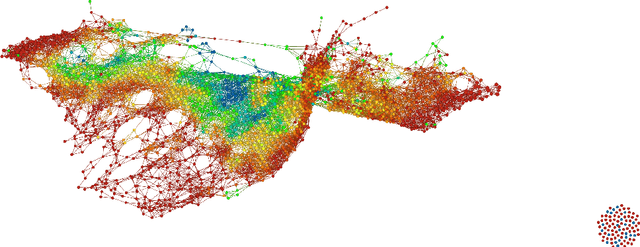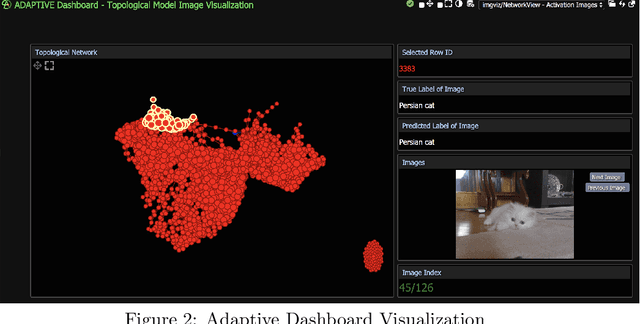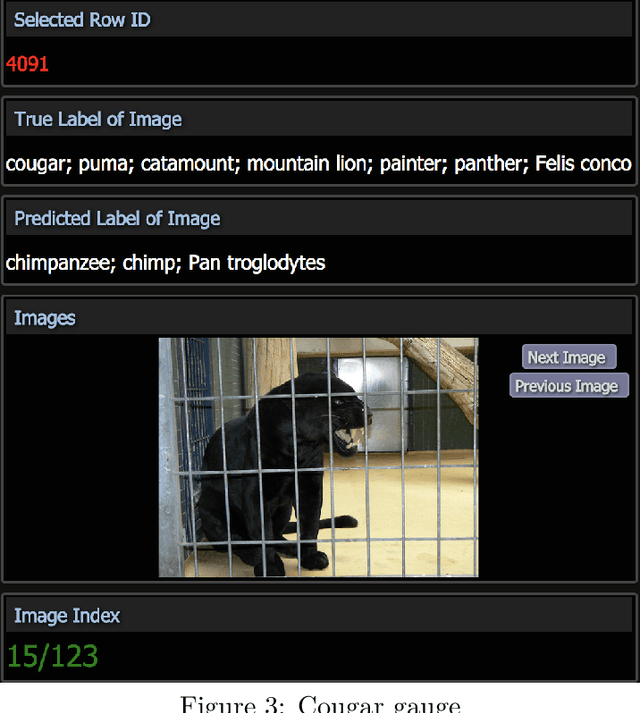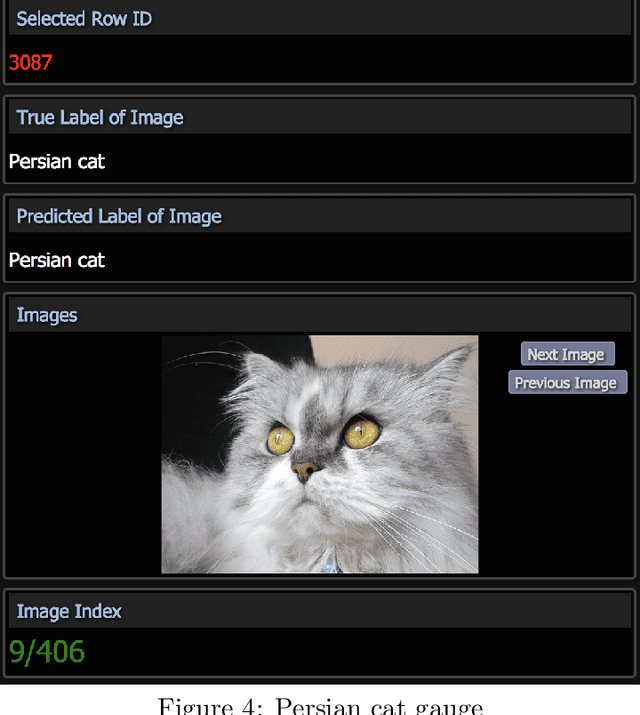Daniel Goldfarb
The Joint Effect of Task Similarity and Overparameterization on Catastrophic Forgetting -- An Analytical Model
Jan 24, 2024Abstract:In continual learning, catastrophic forgetting is affected by multiple aspects of the tasks. Previous works have analyzed separately how forgetting is affected by either task similarity or overparameterization. In contrast, our paper examines how task similarity and overparameterization jointly affect forgetting in an analyzable model. Specifically, we focus on two-task continual linear regression, where the second task is a random orthogonal transformation of an arbitrary first task (an abstraction of random permutation tasks). We derive an exact analytical expression for the expected forgetting - and uncover a nuanced pattern. In highly overparameterized models, intermediate task similarity causes the most forgetting. However, near the interpolation threshold, forgetting decreases monotonically with the expected task similarity. We validate our findings with linear regression on synthetic data, and with neural networks on established permutation task benchmarks.
Causal Inference via Conditional Kolmogorov Complexity using MDL Binning
Nov 06, 2019



Abstract:Recent developments have linked causal inference with Algorithmic Information Theory, and methods have been developed that utilize Conditional Kolmogorov Complexity to determine causation between two random variables. We present a method for inferring causal direction between continuous variables by using an MDL Binning technique for data discretization and complexity calculation. Our method captures the shape of the data and uses it to determine which variable has more information about the other. Its high predictive performance and robustness is shown on several real world use cases.
Understanding Deep Neural Networks Using Topological Data Analysis
Oct 31, 2018



Abstract:Deep neural networks (DNN) are black box algorithms. They are trained using a gradient descent back propagation technique which trains weights in each layer for the sole goal of minimizing training error. Hence, the resulting weights cannot be directly explained. Using Topological Data Analysis (TDA) we can get an insight on how the neural network is thinking, specifically by analyzing the activation values of validation images as they pass through each layer.
 Add to Chrome
Add to Chrome Add to Firefox
Add to Firefox Add to Edge
Add to Edge